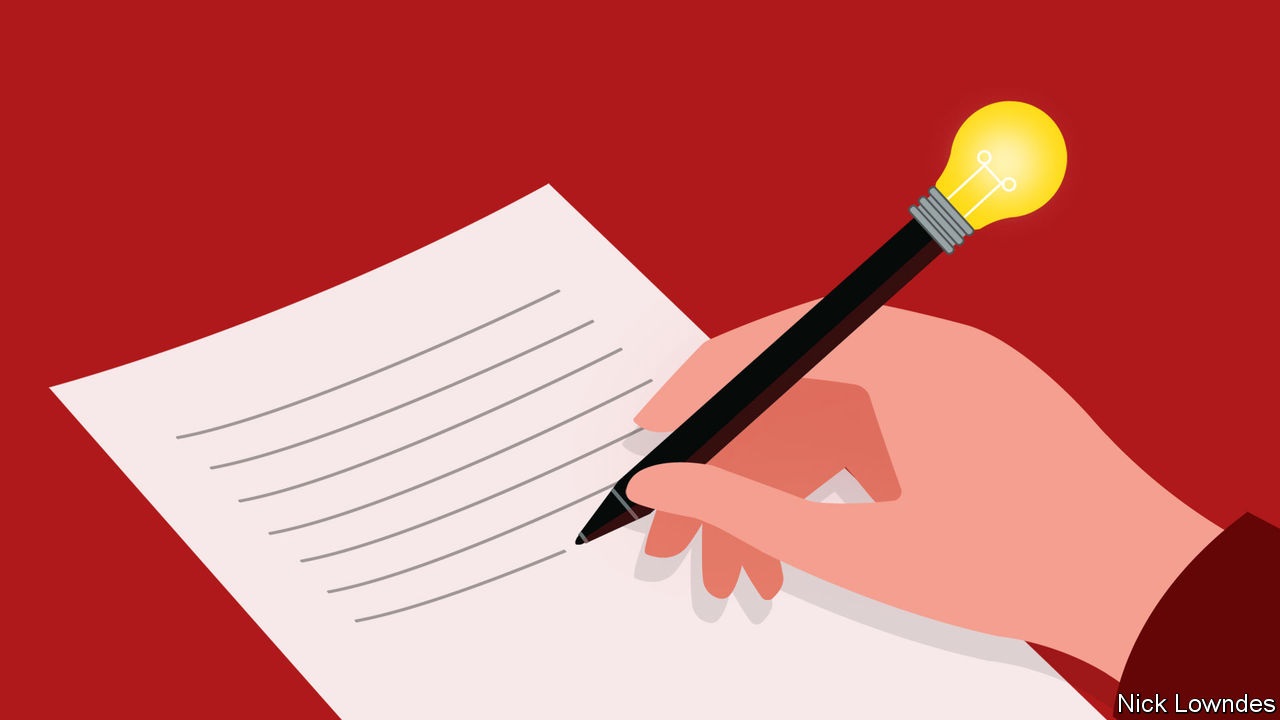Note-taking is used to record information, thoughts, ideas, and more for later reference. With the rise of digital technology, note-taking has evolved from writing on stone tablets to typing on computers and smartphones. However, traditional digital notes have a major downside – they persist forever unless manually deleted. Enter ephemeral or self-destructing messages – the latest innovation that could reshape how we take notes in the future. Ephemeral messaging apps like Snapchat pioneered the concept of messages that automatically disappear after being viewed. This temporary nature gives users more control over their information’s lifespan.
Self-destructing notes work
Is a private notepad app safe? Ephemeral note apps utilize encryption and other privacy techniques to make notes viewable for a set duration before they self-destruct. Users set expiration timelines ranging from a few seconds to days or weeks. Some apps require recipients to enter a password or use biometrics like face/fingerprint recognition to view notes. After the expiration, notes are automatically deleted from all devices.
This allows users to freely take sensitive notes like passwords, business ideas, or private thoughts without worrying about lifetime persistence. It also reduces clutter since unimportant notes don’t pile up endlessly. Any extra copies of the note (like backups or forwards) also self-destruct. However, users save important notes before expiration or renew expiring notes. Overall, ephemeral notes enhance privacy while adding expiration-based organization.
Potential benefits of self-destructing notes
- Enhanced privacy and security
Ephemeral notes use end-to-end encryption to ensure privacy. Temporary expiration minimizes the risk of unauthorized access over time. This makes them suitable for sensitive information like passwords, personal data, confidential business materials, etc. Users don’t have to worry about lifetime hacking risks.
- Minimized distractions
Short expiration times focus user attention on consuming notes quickly. It minimizes procrastination and motivates to process of information promptly.
- Reduced clutter
Self-destructing prevents trivial notes from accumulating endlessly over time. It automatically keeps devices tidy by removing stale content.
- Improved organization
Ephemeral notes encourage systematic prioritization of content based on intended lifespan. Users designate certain notes to self-destruct quickly while preserving only essential long-term references.
- Environmental savings
The automatic deletion will save cloud storage space and minimize e-waste from discarded devices containing obsolete notes. It makes the practice environmentally friendly.
Potential concerns about ephemeral note-taking
- Data loss risks
Accidental failure to save important notes before expiration leads to permanent data loss. Some users may lose valuable content this way. But cloud backup and multi-device sync could help mitigate this issue.
- Overhead of renewal/saving
Having to constantly renew or intentionally save non-trivial notes before they vanish increases the cognitive load and effort for users. It could reduce convenience versus permanent notes.
- Less external sharing
The impermanent nature of these notes discourages external sharing or collaboration. It limits collective knowledge creation versus public permanent notes.
- Cryptographic failure hazards
While low, there is some risk of the expiration encryption being hacked or bypassed by advanced techniques like quantum computing. It would compromise presumed deletion.
- User behavior and adoption questions
It remains unclear whether users at large are ready to embrace ephemeral note-taking. Some may cling to traditional permanent notes. Adoption rates could be sluggish initially.












